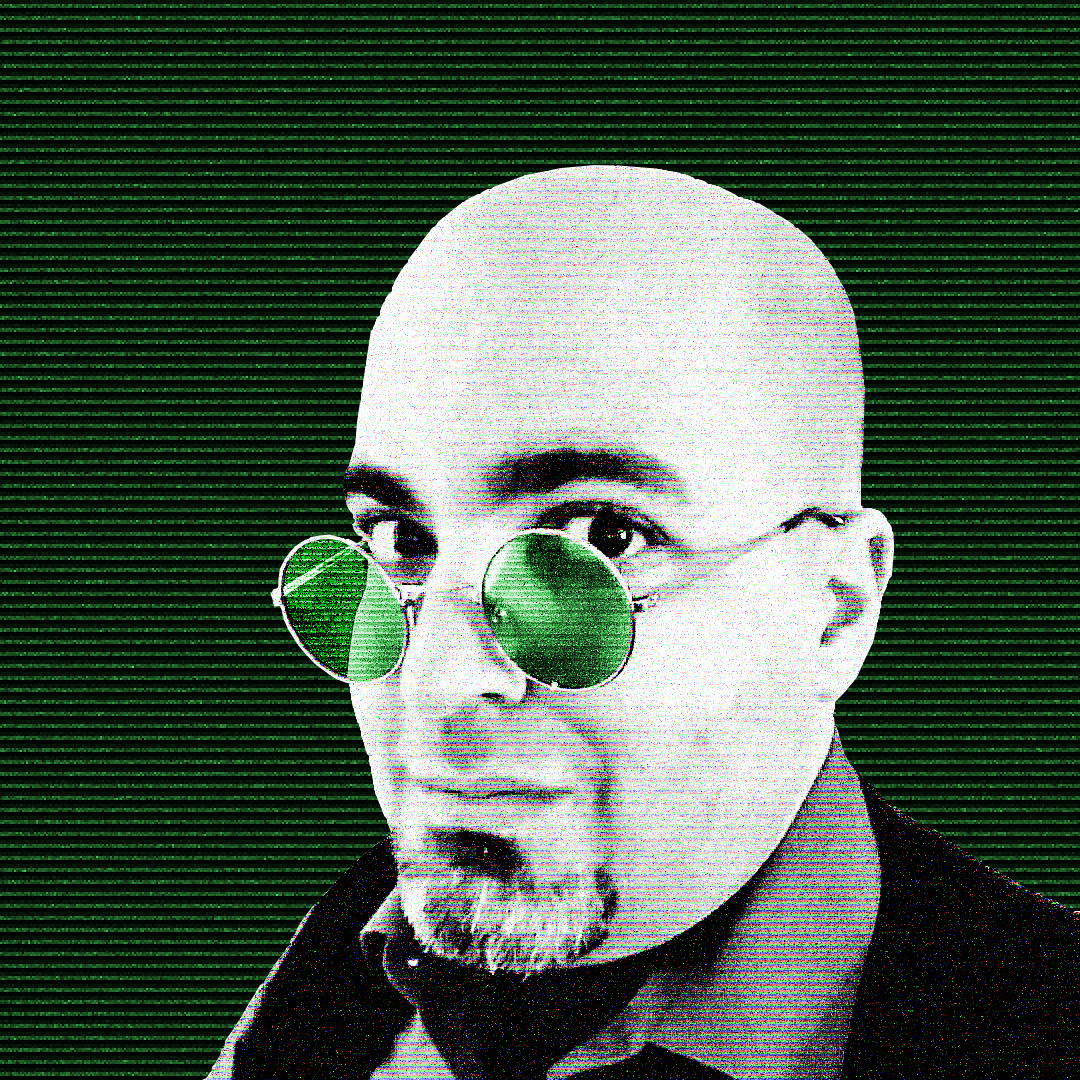I have mixed feelings on the pronoun use, but having read some of her autobiographical writing I don’t think she would have taken much issue with it. This piece is more focused on her work in computer engineering, so I felt it was appropriate to post here.
I have mixed feelings on the pronoun use, but having read some of her autobiographical writing I don’t think she would have taken much issue with it.
It’s fine how they’ve used it because it’s referring to the time before transition, so it’s just being accurate and also means the story makes more sense.
A lot of trans people would disagree. Just because someone was forced to conform to their biological sex for years doesn’t mean they felt that way on the inside.
Every trans person I know, without exception, prefers to refer to their pre-transition selves by their current pronouns and would take issue with the suggestion that they were still a boy/girl before becoming a girl/boy.
That makes sense, but then the term “transition” seems incorrect. More of a “resolution”.
Transition can refer to different aspects like your appearance or how you present socially. So transition is still the right term.
can confirm
One analogy to consider is when someone comes out of the closet as non-hetero.
Say you know a man called Joe Schmoe who used to live “in the closet” but eventually came out and said he was gay, he’d always been gay, and he’s ready to publicly proclaim his sexuality. You wouldn’t then look at a photo of Joe taken back before he came out and say “this is a picture of heterosexual Joe Schmoe” because he wasn’t heterosexual, he was a gay man who wasn’t yet able to outwardly live that particular truth. Past Joe was still gay, not straight, and it remains correct to refer to him as gay no matter when in his life you’re talking about. The error of his previous misidentification has been corrected, and his labels thoroughly (and retroactively) updated to reflect that.
Similarly, it’s correct to always refer to a trans person as their true gender, preferred pronouns, and preferred name, even if you’re referring to a time in their life when they were not yet living that truth. Lynn Conway was correctly identified as a woman with she/her pronouns, and this article does her a disservice through its mixed-up pronoun use.
What they “felt on the inside” is not the same as what they actually were at the time though. Referring to them as he or she is just a statement of fact at the time.
We had this same thing when Ellen Page became Elliot Page. Then there was an attempt to retroactively change all references and make them Elliot Page, even though the work he did before was as Ellen Page.
It’s not transphobic to acknowledge the person they were before transition.
How about letting transgender people decide that?
I for one want to be referred to by my chosen pronouns even in the past pre-transition.
You’re right, very weird use of pronouns in the obituary. I can only imagine that most of it was lifted from the article from 2000. That doesn’t excuse misgendering someone, they could have updated it for 2024.
I have that textbook in a box somewhere
Because there’s several comment chains about the use of pronouns and I wasn’t quite sure where to add this, I decided to do a top level comment. She wrote an autobiographical retrospective of her transition on her University of Michigan faculty page twenty years ago about a transition that started long before that (and her main faculty page is a fascinating time capsule of trans history). When I came out as trans in 2012 her page was already a bit dated and the start of my transition, as I experienced it, was firmly in the bad old days. Conway was part of a much older generation of trans people, and there were narratives we had to force ourselves into in order to access healthcare, especially the ideas that we always knew and the idea of being born in the wrong body, and (in her generation but not mine) the idea that you had to be heterosexual post-transition. For some, it fit well enough, but for others it was an act for the doctors just to get life saving healthcare.
The obituary I posted reads like it was written twenty years ago and would have been incredibly respectful back then. It’s narratively in line with the framework of stories trans people had available to explain their lived experiences in the generation Lynn Conway was part of, and ones that Conway herself used extensively in her autobiographical work. I’m glad public understanding has grown and the narrative frameworks available have expanded. I feel like the obituary is in line with her own lived experiences as she understood them.
Thanks for posting her faculty page, I hope anyone who feels conflicted about the obituary reads it! It sounds like the obituary author knew her well and wrote from a place of mutual understanding and respect.




